About the film:
Twelve years after his Best Screenplay award for Ice Storm, Ang Lee returns to the Croisette to present Taking Woodstock in Competition. It refers, of course, to the famed three days of love, peace, mud, and music which took place in 1969. Based on the book by Elliot Tiber and Tom Monte, Taking Woodstock : A True Story of a Riot, a Concert, and a Life, the film merely tells "a tiny piece of that story, from a little corner of unexpected joy that happened almost by accident and which helped this incredible event take place," according to producer James Schamus, who adapted the book.
Indeed, we see history unfold from Elliot's initially discouraged viewpoint. Busy reinventing himself as a Greenwich Village interior designer, he learns he must return upstate to keep the bank from foreclosing on his parents' dumpy motel. When he hears that a neighboring town has refused to host a hippie music festival, he jumps on the telephone. Three weeks later, he finds himself swept up by an adventure that will overwhelm him and his whole generation.
"Taking Woodstock is the last moment of innocence, director Ang Lee muses. After making several tragic movies in a row, I was looking to do a comedy – and one without cynicism. It's also a story of liberation, honesty, and tolerance – and of a 'naïve spirit' that we cannot and must not lose."
Press conference:
Cast and crew of Competition feature Taking Woodstock were present to meet the press. Director Ang Lee, actors Emile Hirsch, Demetri Martin and Imelda Staunton, along with Ang Lee’s regular screenwriter, James Schamus responded to their questions. Excerpts follow:
On what the symbolic value of Woodstock is to each one:
Ang Lee
Woodstock, I was in Taiwan; I saw it on the television news. I hear some of the music and I know there is some hippie things going on; I was young. But over the years…Woodstock has a symbolic meaning; to me it’s the innocence of a young generation departing from the old establishment, trying to find a more refreshing way, more fair way, to live with everybody else. That means other human beings, in different culture and race and that means how you live peacefully with nature. Of course, the common language is sex, drugs and rock ‘n roll…they did plant some of the seed that we take more seriously today. After all it is an iconic symbol.
Emile Hirsch
For me, Woodstock was mostly just hearing about my parents or my friend’s parents telling stories about not showering, great music, and, you know, when the skinny dipping started to come along, you know, it was like, ‘All right, stop mom! It’s disgusting…’ Getting to learn about Woodstock for me was really a special thing. I just didn’t know that was what it was like back then, that people were that trusting, open-minded.
Ang Lee on the influence of the Woodstock documentary:
Actually the original idea was to put some of the images from the documentary in the film, but after I shot them, I said, ‘why do I need the documentary?’ So I cut it. It was influential to me because that’s the visual evidence that we have and we cherish that and that we wanted to evolve in this movie.
Ang Lee on what is the most important to learn from Woodstock:
Well I think there’s the brilliant music that is hard to surpass. So that’s that. I would say the heart of having dealt with authority, the establishment, and living with everybody with equality, peace and love, and a very refreshing, respectful and intimate relationship with mother nature. I think that’s probably the most important thing for me. I guess I would leave the sex, drugs and rock ‘n roll on the side a little bit.



















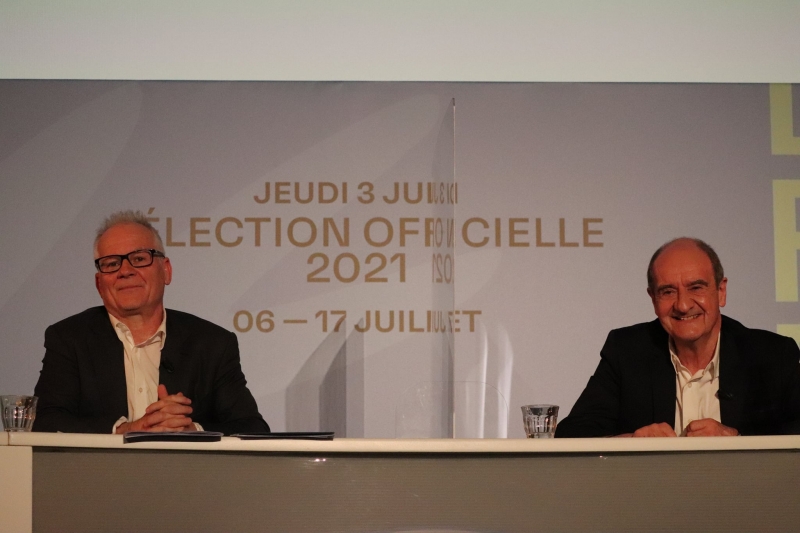
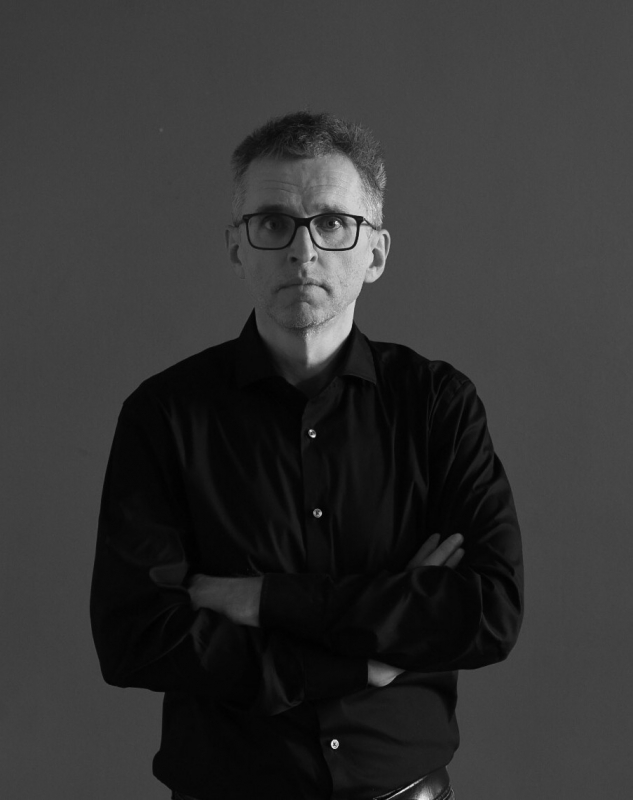
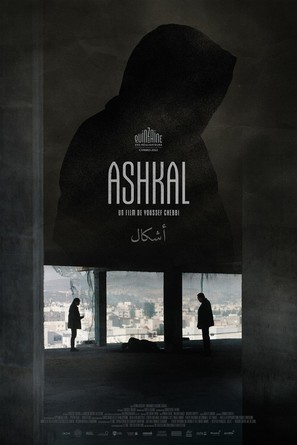
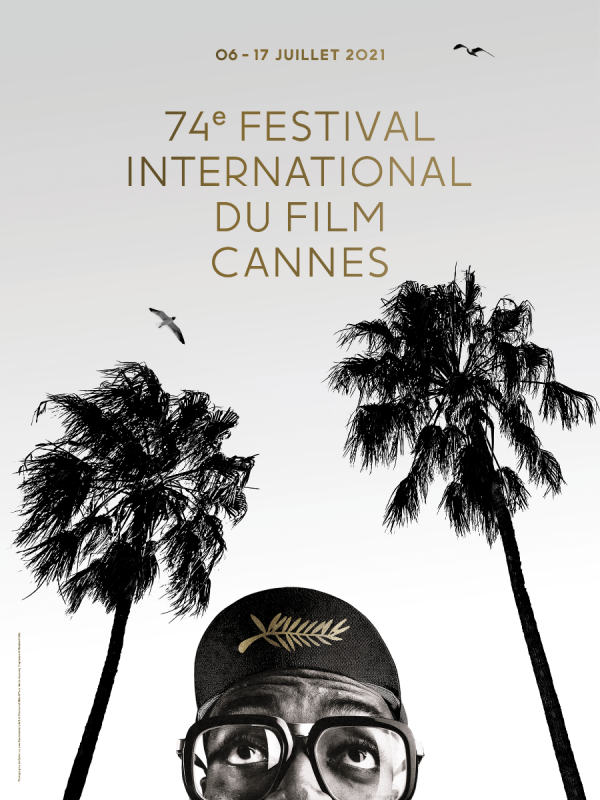
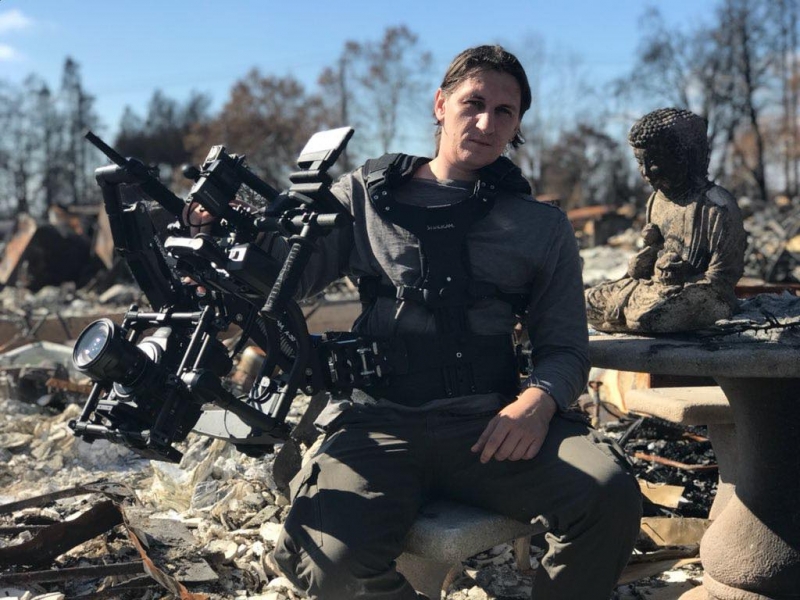
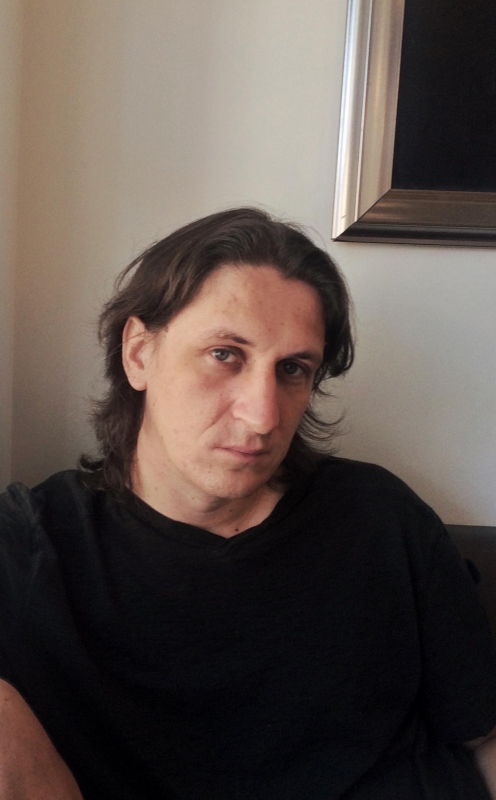
 Cannes
Cannes 


